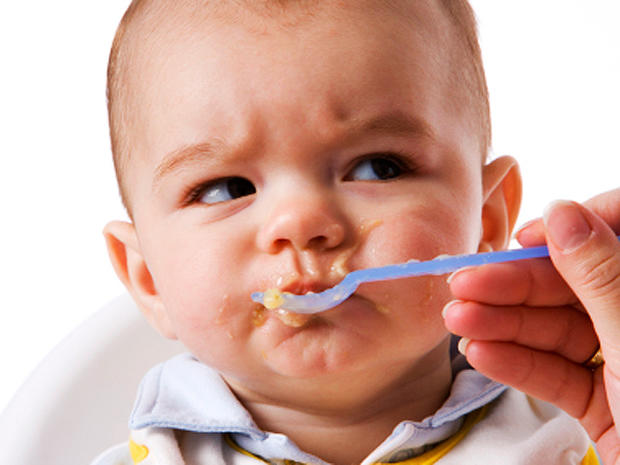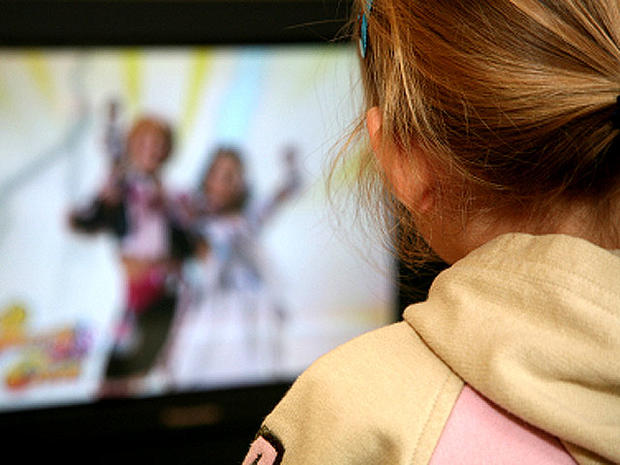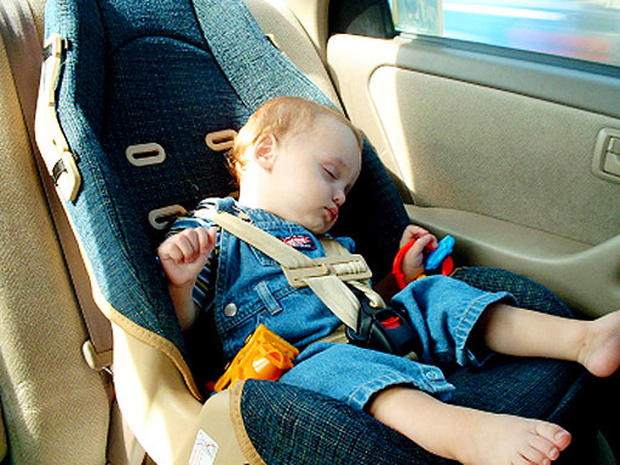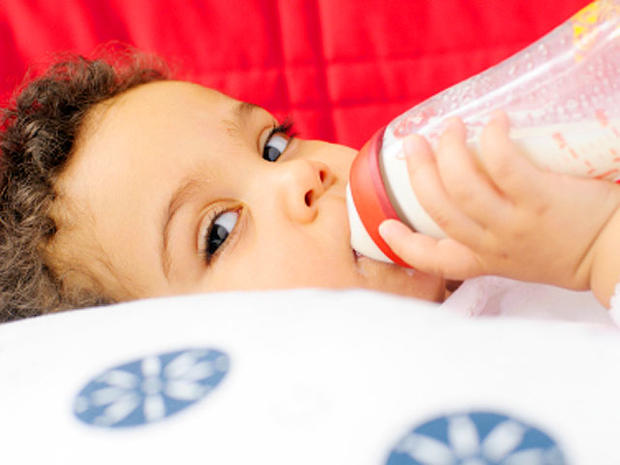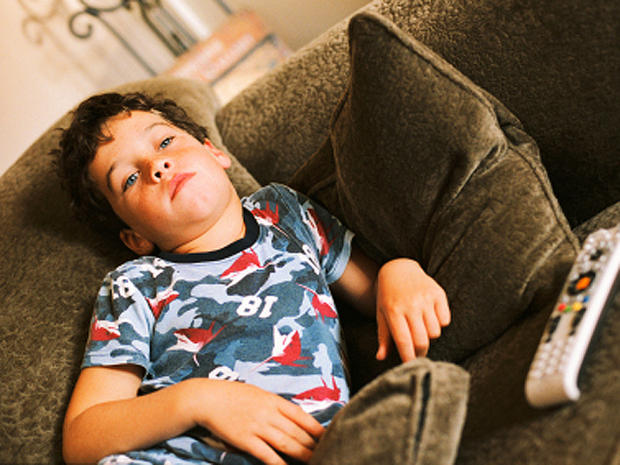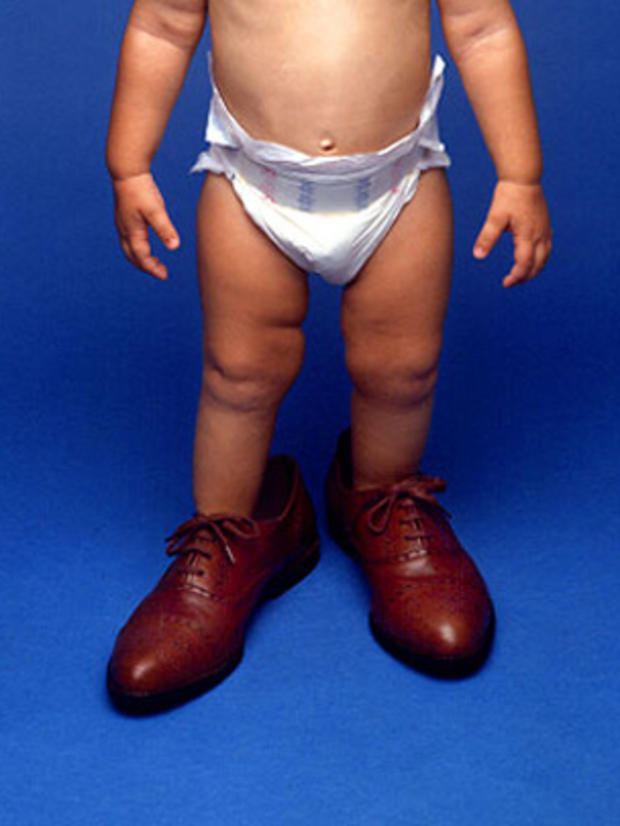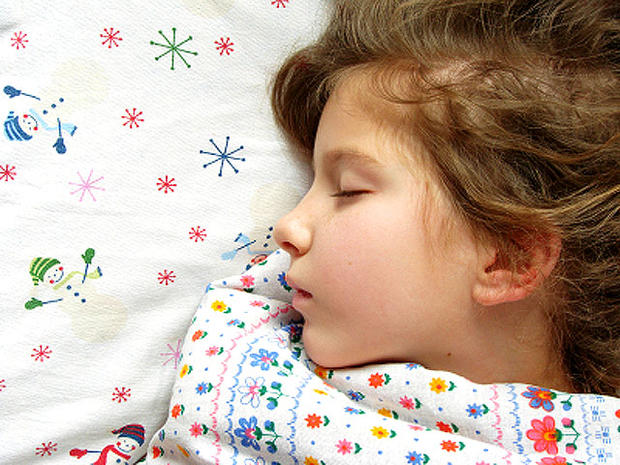Oops! 8 ways parents make kids fat
Baby fat might look cute, but it's far from benign. Doctors say chubby children often grow into fat adults, and a new report from the prestigious Institute of Medicine describes in stark terms just what parents must do to safeguard kids from a lifetime of obesity - and obesity-related health problems. But a review of the report suggests that too many parents are making mistakes. Keep clicking to see eight biggies...
Mistake: Allowing too much screen time
Like to park your kids in front of the TV? Bad move. Anything more than two hours is too much as far as screen time goes, particularly for kids two to five years of age, according to the report. This includes cellphone and computer screens as well as television. In addition to making kids sedentary, screen time means they're exposed all sorts of ads for less-than-healthful foods and beverages - a weighty-kid double whammy.
Mistake: Letting kids set the menu
Think you're being "nice" by letting your kid eat what he/she wants - and how much? Maybe not if you care about their health. Parents should make sure kids know what's healthy and what's not and should ensure that kids have access to healthy fare. And don't forget to teach portion control.
Mistake: Going overboard on strollers
Strollers, car seats, high chairs and bouncer seats all keep kids safe. But using them excessively can also keep kids from getting the exercise they need - and reinforce the idea that it's okay to be sedentary.
Mistake: Relying on the bottle
Pediatricians have long said that breast is best for infants, and they're right. If possible, moms should breast-feed their babies at least until they are six months old. Studies have shown that breast-fed babies face a lower risk for childhood obesity.
Mistake: Neglecting recreational opportunities
To help kids get the exercise they need to avoid packing on the pounds, parents should be sure to seek out kid-friendly recreational opportunities in the community - from parks and public pools to outdoor recreation areas.
Mistake: Not tracking children's growth
From birth to age five, children should have regular check-ups in which the doctor charts their height and weight. A child who is gaining weight rapidly, or who has a BMI above the eighty-fifth percentile may be at increased risk for obesity later in life.
Mistake: Accepting low-activity child care
Child-care providers - whether parents, teachers, or babysitters - should provide daily opportunities for kids to move around. What about the really little ones? The report says even infants need some "tummy time" to burn off calories and build muscles. Indoors or outdoors, there is always opportunity to be active - and kids need to know that.
Mistake: Letting kids stay up late
Sleep is healthy, and parents should do what it takes to make sure their kids get good sleep - and enough of it. Babies under three months of age should get 10.5 to 18 hours a day. Infants - three to 12 months of age - need nine to 12 hours, with 30-minute two-hour naps one to four times a day. Toddlers - one to three years old - should get 12 to 14 hours a day, and kids three to five years old should get 11 to 13 hours a day.
